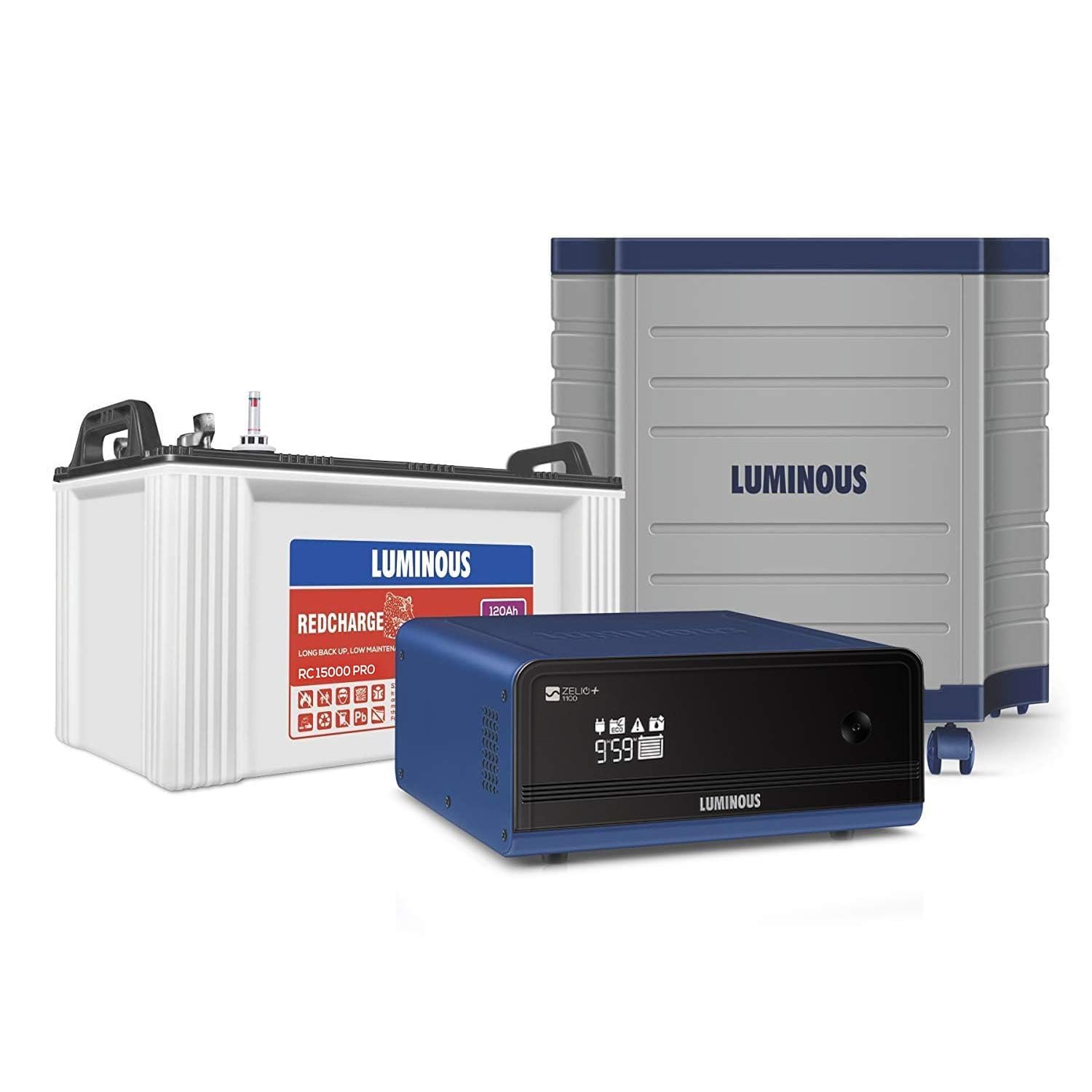Introduction for solar panel
- Briefly introduce the growing importance of solar energy.
- Mention the benefits of installing solar panels at home (e.g., cost savings, environmental impact).
Understanding Your Energy Needs
- Determine Your Average Monthly Electricity Usage
- Look at your electricity bills from the past year.
- Note the kilowatt-hours (kWh) used each month.
- Calculate the average monthly usage: (Total kWh for the year) / 12.
- Example: If your total annual usage is 12,000 kWh, your average monthly usage is 1,000 kWh.
- Estimate Daily Usage
- Divide your average monthly usage by 30 (days in a month).
- Example: 1,000 kWh / 30 = 33.33 kWh per day.
Calculating the Solar Panel Capacity Needed
- Determine Peak Sunlight Hours in Your Area
- Explain what peak sunlight hours are (hours when sunlight is strong enough for optimal solar power generation).
- Provide a general estimate for different regions (e.g., 4-6 hours per day for most locations).
- Calculate Daily Solar Panel Output
- Use the formula: (Daily energy needs in kWh) / (Peak sunlight hours per day).
- Example: If you need 33.33 kWh per day and have 5 peak sunlight hours, you’ll need panels that generate 33.33 / 5 = 6.67 kW per hour.
- Adjust for System Efficiency
- Explain that solar panel systems have efficiency losses (around 75-85% efficient due to various factors like shading, inverter losses).
- Use an efficiency factor (e.g., 80% or 0.8).
- Adjust the panel capacity needed: (Required kW per hour) / Efficiency factor.
- Example: 6.67 kW / 0.8 = 8.34 kW.
Choosing the Right Number of Solar Panels
- Determine the Wattage of Panels You Want to Use
- Mention common panel sizes (e.g., 250W, 300W, 350W).
- Example: Using 300W panels.
- Calculate the Number of Panels Needed
- Use the formula: (Total system kW) * 1000 / (Panel wattage).
- Example: 8.34 kW * 1000 / 300W ≈ 28 panels.

Other Considerations
- Roof Space
- Discuss the importance of having enough roof space for the panels.
- Provide a rough estimate of space needed (e.g., each panel needs about 18 square feet).
- Budget and Incentives
- Mention the cost of solar panel systems and potential savings.
- Highlight available incentives and rebates.
- Consulting with Professionals
- Encourage readers to consult with a professional installer for a detailed assessment.
- Mention that professionals can help optimize the system design and efficiency.
When choosing a solar panel company for home use, it’s important to consider factors like efficiency, warranty, customer service, and cost. Here are some top solar panel companies known for providing high-quality residential solar panels:
Top Solar Panel Companies for Home Use
- Tata Power Solar
- Overview: Tata Power Solar is a well-established and trusted name in the Indian solar market. They offer high-efficiency solar panels and comprehensive solar solutions for homes.
- Pros: Reputable brand, reliable customer service, good warranty.
- Website: Tata Power Solar
- Loom Solar
- Overview: Loom Solar offers a range of high-efficiency solar panels, inverters, and complete solar systems designed for residential use.
- Pros: High-efficiency panels, easy-to-install kits, good customer support.
- Website: Loom Solar
- Waaree Energies
- Overview: Waaree Energies is one of the largest solar panel manufacturers in India, providing durable and efficient panels suitable for home installations.
- Pros: Wide range of products, strong warranty, good after-sales service.
- Website: Waaree Energies
- Vikram Solar
- Overview: Vikram Solar is a globally recognized solar company known for its high-quality panels and comprehensive solar solutions for residential use.
- Pros: High-efficiency panels, robust build quality, strong warranty.
- Website: Vikram Solar
- Adani Solar
- Overview: Adani Solar manufactures and supplies a variety of solar panels that are ideal for home installations, backed by the reliability of the Adani brand.
- Pros: Reliable brand, good efficiency, and performance, comprehensive support.
- Website: Adani Solar
- RenewSys
- Overview: RenewSys offers a range of high-efficiency solar panels suitable for residential use, backed by solid warranties and good customer support.
- Pros: High-quality panels, good efficiency, reliable performance.
- Website: RenewSys
- Microtek Solar
- Overview: Known for its affordable and efficient solar panels, Microtek Solar provides reliable solutions for residential solar installations.
- Pros: Cost-effective, good efficiency, reliable performance.
- Website: Microtek Solar
- Jakson Group
- Overview: Jakson Group offers a variety of solar panels and solutions suitable for home use, known for their durability and performance.
- Pros: Durable panels, strong warranty, reliable performance.
- Website: Jakson Group
Tips for Choosing the Right Solar Panels
- Efficiency: Look for panels with higher efficiency rates as they will generate more electricity in a given space.
- Warranty: Ensure the panels come with a strong warranty (typically 25 years for performance).
- Cost: Compare the cost per watt of different panels to ensure you’re getting good value.
- Customer Reviews: Check customer reviews and ratings to gauge the reliability and performance of the panels.
- Installation Services: Consider companies that offer comprehensive installation services and support.
Encourage your readers to do their own research and get quotes from multiple companies to find the best solution that meets their specific needs and budget.
| Specification | Description | Example Values |
|---|---|---|
| Panel Type | Type of solar panel | Monocrystalline, Polycrystalline, Thin-Film |
| Power Output | Power generated by the panel | 250W, 300W, 350W |
| Efficiency | Percentage of sunlight converted to electricity | 15-22% |
| Dimensions | Physical size of the panel | 1.6m x 1m, 1.7m x 1m |
| Weight | Weight of the panel | 18kg, 20kg |
| Temperature Coefficient | Efficiency loss per degree increase above 25°C | -0.3%/°C, -0.4%/°C |
| Frame Material | Material of the panel frame | Aluminum |
| Glass Type | Type of glass used in the panel | Tempered |
| Junction Box | IP rating and type | IP67, IP68 |
| Warranty | Warranty period for performance and product | 25 years (performance), 10 years (product) |
| Certifications | Industry standards and certifications | IEC 61215, IEC 61730 |
| Operating Temperature Range | Range of temperatures the panel can operate in | -40°C to 85°C |
| Max System Voltage | Maximum voltage the panel can handle | 1000V, 1500V |
| Connector Type | Type of connectors used | MC4, H4 |
This table provides a comprehensive overview of the key specifications of solar panels, helping readers understand the important factors to consider when choosing the right panels for their home. Feel free to adjust the example values and descriptions based on the specific panels you are recommending or discussing in your article.
Conclusion
- Summarize the key steps in calculating the solar panel capacity.
- Encourage readers to consider making the switch to solar energy for its numerous benefits.
Expanded Example Calculation
Let’s say you live in a region with 5 peak sunlight hours per day and your average monthly electricity usage is 1,000 kWh.
- Daily Usage:
- 1,000 kWh / 30 days = 33.33 kWh per day.
- Daily Solar Panel Output:
- 33.33 kWh / 5 hours = 6.67 kW.
- Adjusted for Efficiency:
- 6.67 kW / 0.8 (80% efficiency) = 8.34 kW.
- Number of Panels (using 300W panels):
- 8.34 kW * 1000 / 300W = 27.8 ≈ 28 panels.
Final Thoughts
- Reiterate the importance of considering all factors, including roof space and budget.
- Encourage readers to seek professional advice for a tailored solution.
This structure provides a clear, step-by-step guide to help your readers understand how to calculate the solar panel capacity for their home. Expand on each section with more details and examples to reach your 1000-word target.





